In recent years, automation has transformed manufacturing processes across various industries, and the automotive accessories sector is no exception. The influence of automation on a car mirror cover factory is especially noticeable, as companies strive to improve production efficiency, consistency, and overall competitiveness. As more factories integrate automated systems, the way car mirror covers are produced continues to evolve.
A car mirror cover factory traditionally relied on manual labor for tasks such as injection molding, trimming, painting, and quality inspection. While these manual processes required skilled workers, they often came with limitations in speed, consistency, and labor availability. The introduction of automation addresses these challenges by offering solutions that optimize workflow and enhance production output.
One major improvement seen in a car mirror cover factory through automation is the consistency of product quality. Automated machinery operates with programmed precision, reducing variations between individual pieces. This is especially important in automotive accessories, where each mirror cover must meet strict dimensional and aesthetic standards to properly fit different vehicle models. Automated systems help maintain these standards, reducing the occurrence of defects and rework.
Production speed is another area where automation benefits a car mirror cover factory. Automated injection molding machines, for example, can complete cycles faster than manual operations while maintaining consistent output. This increased production speed allows factories to meet tight deadlines and accommodate larger orders without compromising quality. It also makes it easier for factories to adjust to fluctuations in market demand.
In addition to molding, automation has also improved the painting and coating processes in a factory. Automated spray systems can apply finishes evenly and efficiently, reducing waste and ensuring a uniform appearance across products. These systems can be programmed for different colors, textures, and thicknesses, offering flexibility while maintaining a steady production pace.
Automation plays a significant role in the quality control systems of a car mirror cover factory as well. High-precision inspection equipment, such as vision systems and laser scanners, is capable of detecting surface defects, dimensional errors, and color inconsistencies more accurately than manual checks. By identifying issues early in the production process, factories can reduce the risk of defective products reaching customers and avoid costly recalls or repairs.
Another advantage of automation in a car mirror cover factory is the reduction of labor-related risks and costs. Repetitive tasks such as trimming excess material or assembling components can be physically demanding and prone to human error. Automation alleviates these concerns by taking over repetitive work, allowing human workers to focus on supervision, machine maintenance, and quality assurance. This shift can result in a safer and more satisfying work environment for factory staff.
Inventory and material handling are additional areas where automation supports a car mirror cover factory. Automated storage systems, conveyors, and robotic arms streamline the movement of materials between different production stages. These systems help maintain an organized workflow and reduce delays caused by manual material transfers or storage errors.
Automation also improves the traceability and documentation processes in a car mirror cover factory. Modern manufacturing systems collect data at every stage of production, allowing managers to monitor performance, identify bottlenecks, and track product batches. This data-driven approach supports better decision-making and continuous improvement initiatives.
While the initial investment in automation can be significant for a car mirror cover factory, the long-term benefits often outweigh the costs. Increased efficiency, reduced waste, improved product consistency, and lower labor expenses contribute to a more sustainable and competitive operation. Many factories find that these advantages help them expand their market reach and respond more effectively to customer demands.
Environmental considerations are also addressed through automation in a car mirror cover factory. Automated systems typically optimize resource usage, such as energy, raw materials, and coatings. This results in reduced waste and lower environmental impact, which aligns with growing expectations for sustainable manufacturing practices.

 English
English 日本語
日本語 Français
Français Deutsch
Deutsch Español
Español 简体中文
简体中文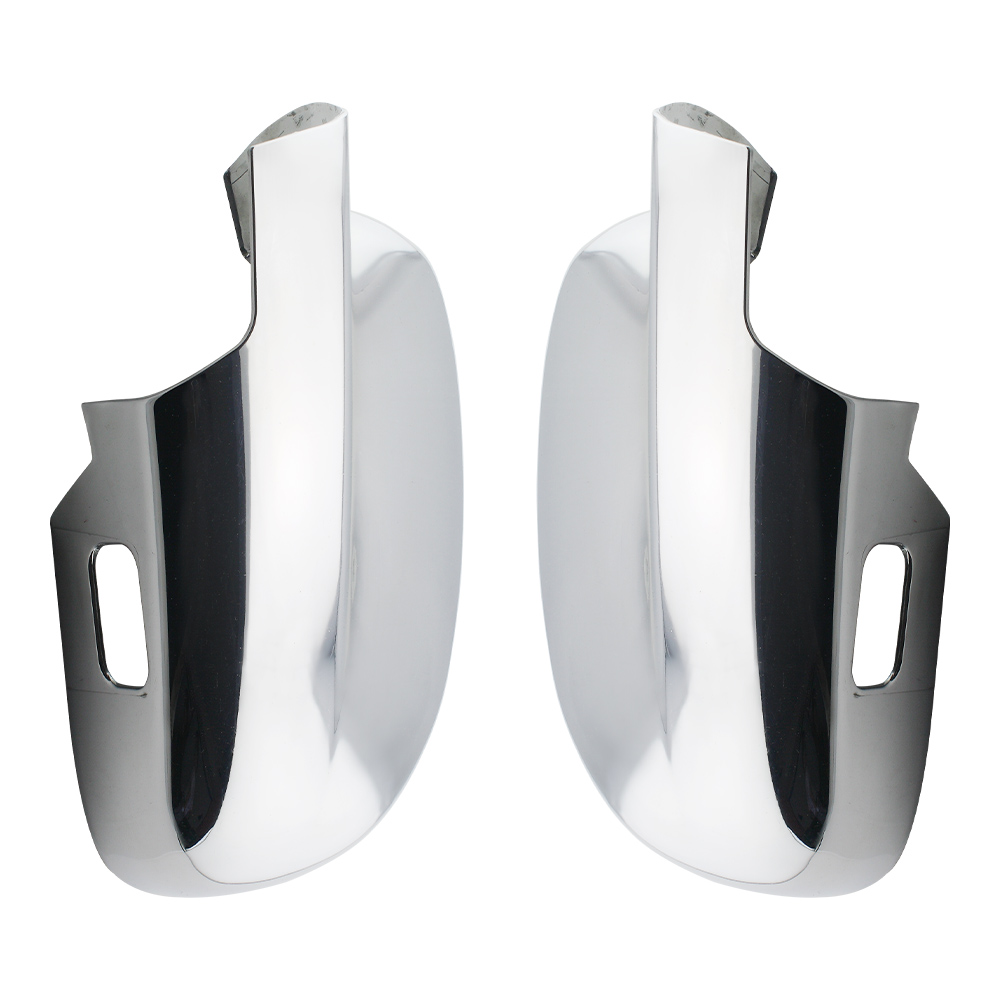
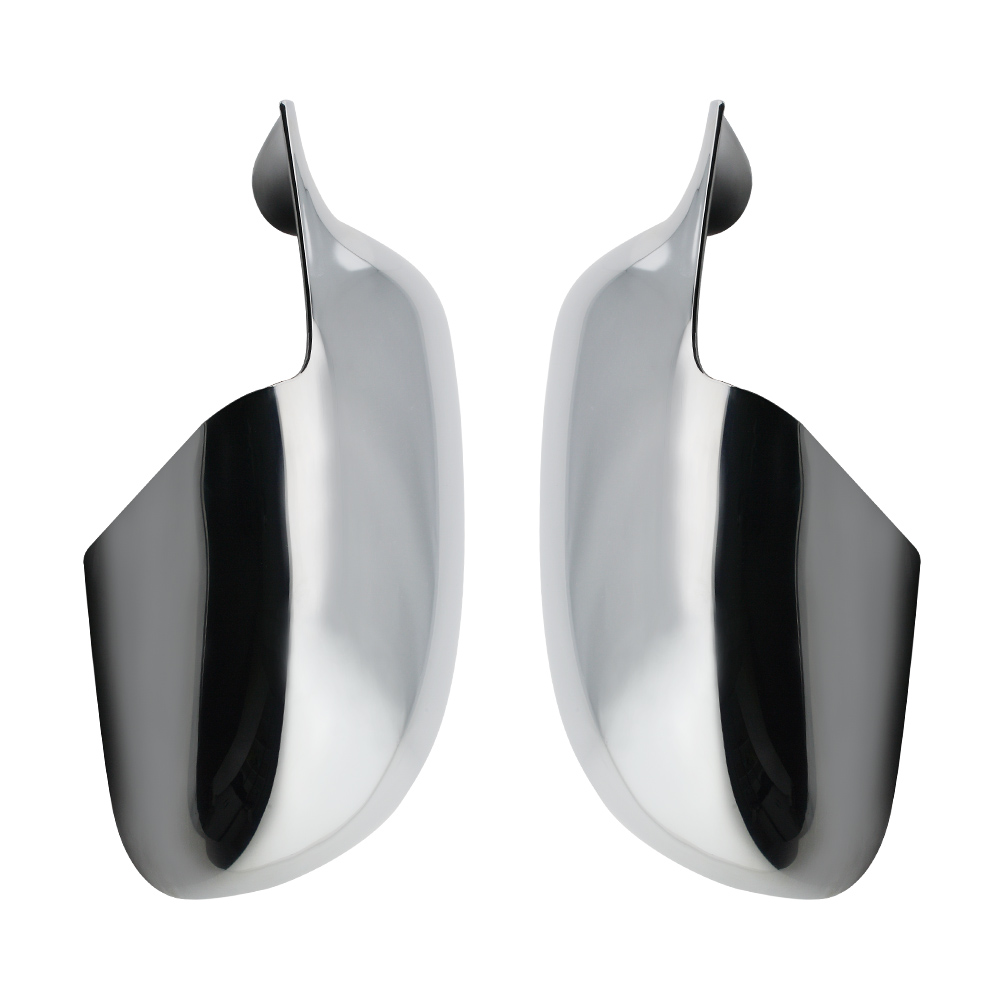
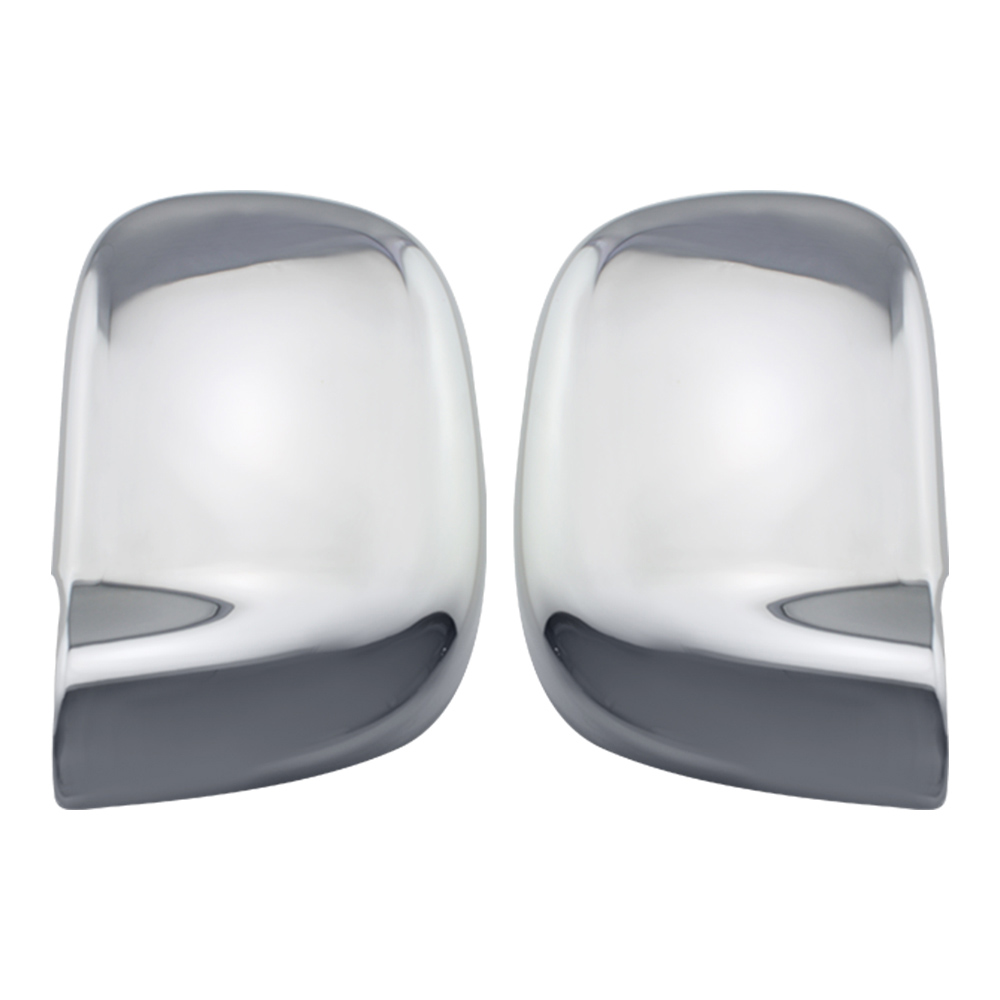 View More >>
View More >>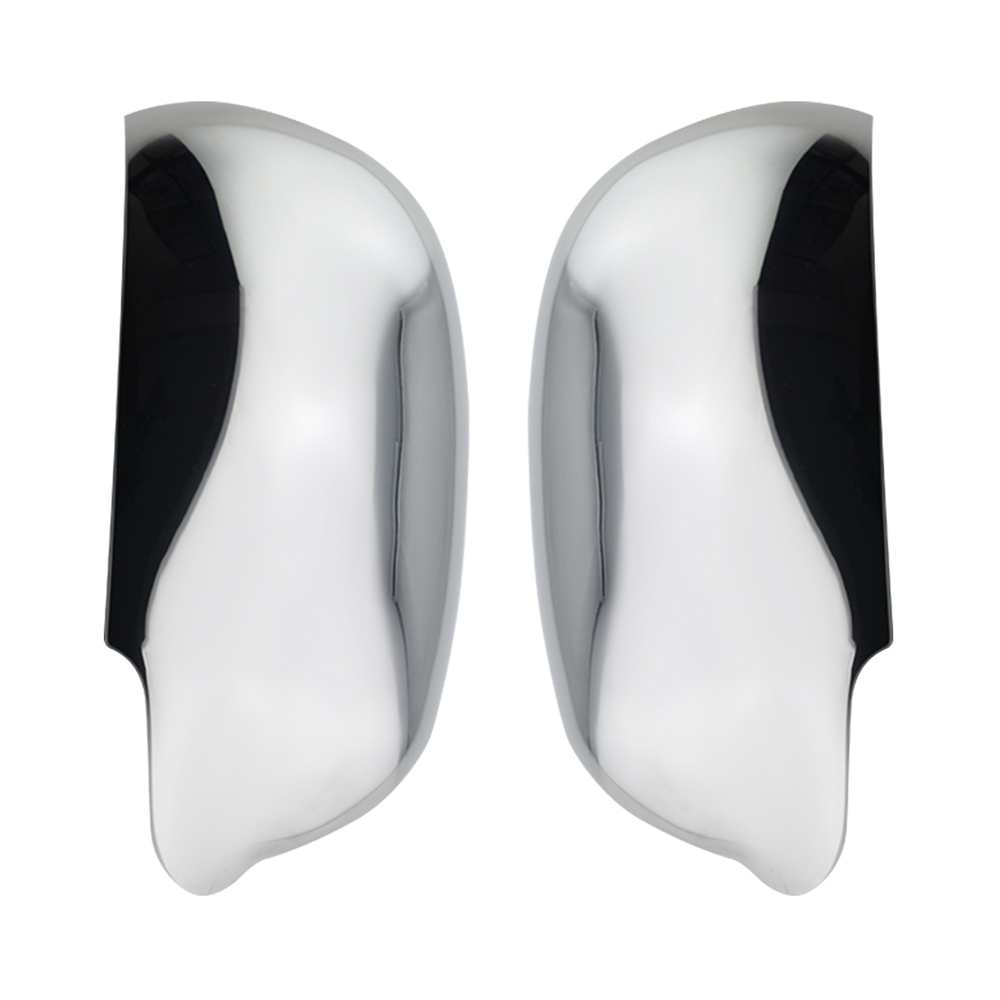 View More >>
View More >>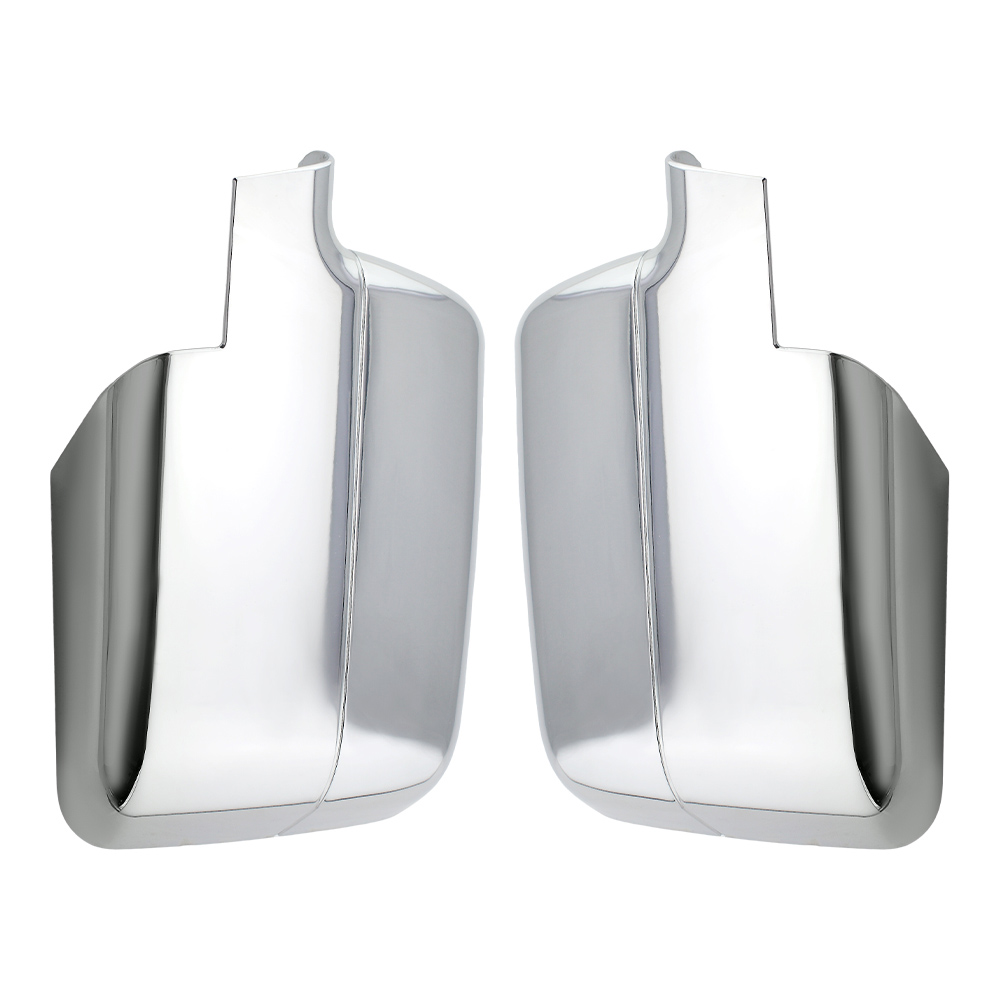 View More >>
View More >>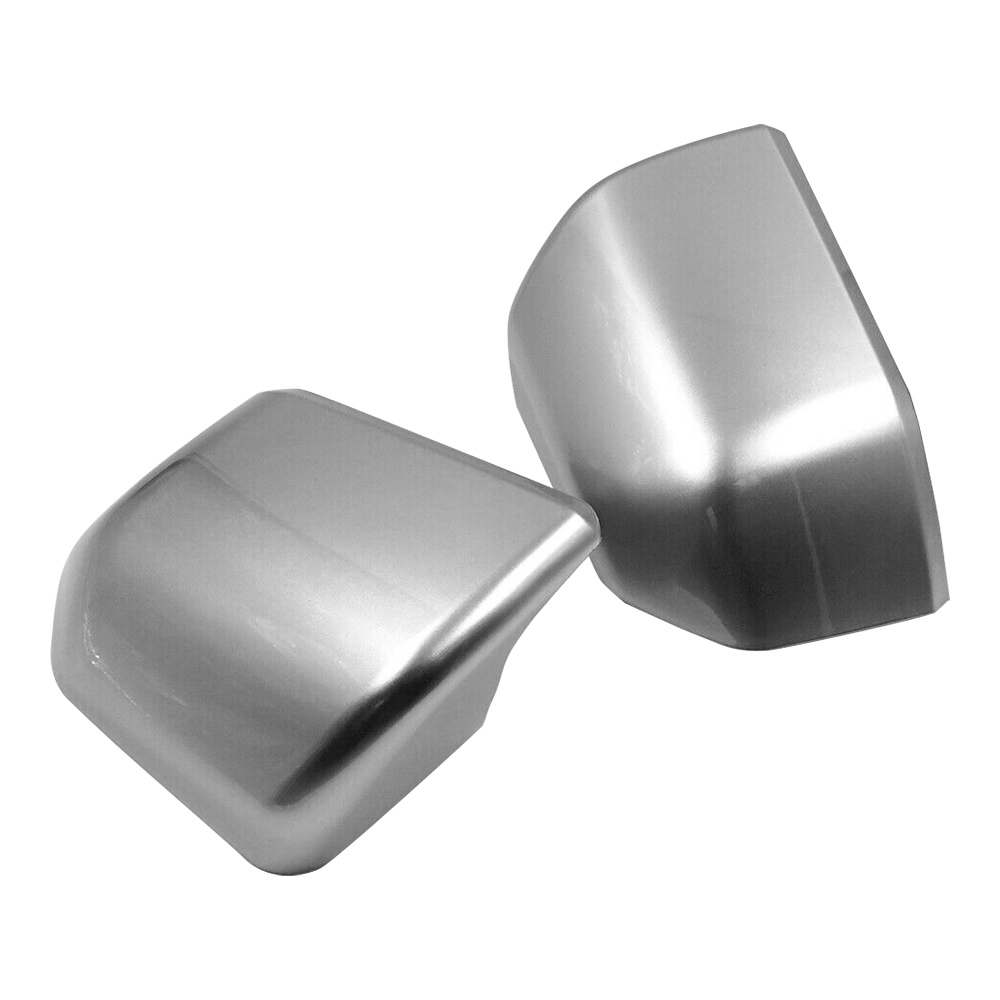 View More >>
View More >>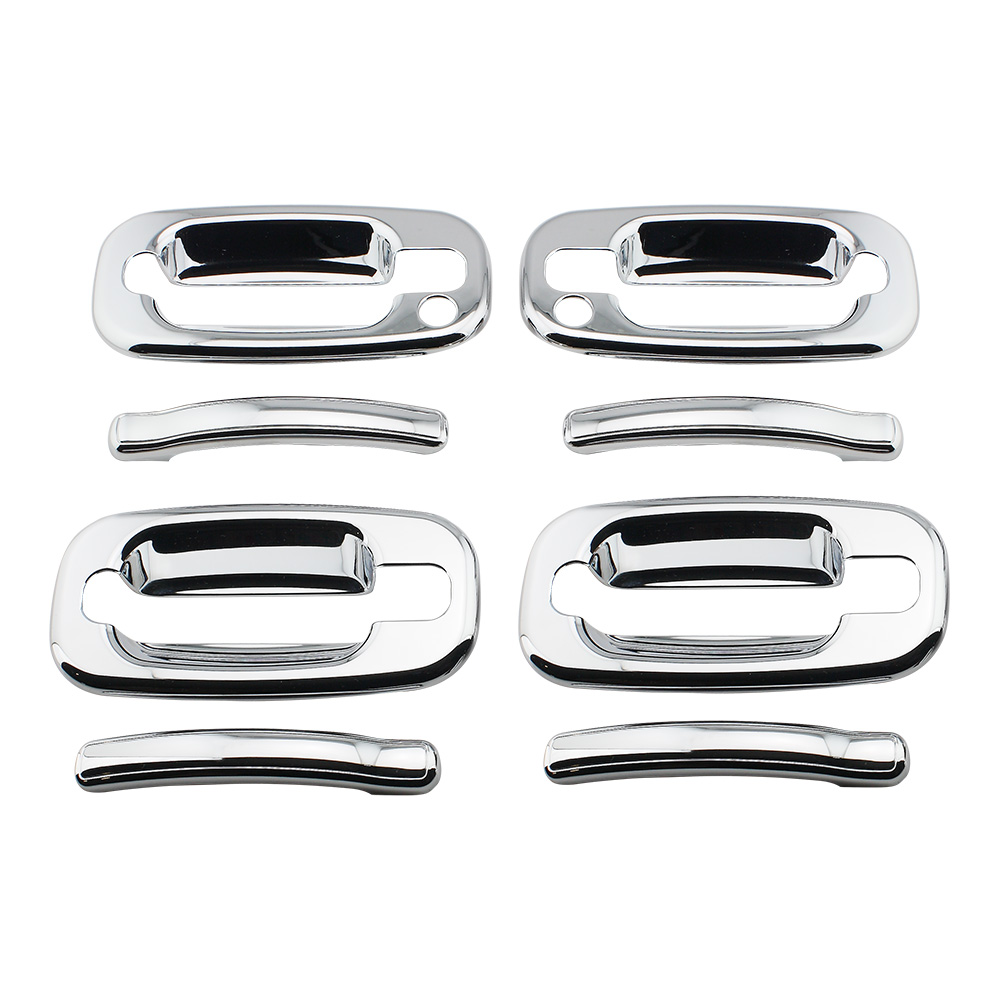 View More >>
View More >>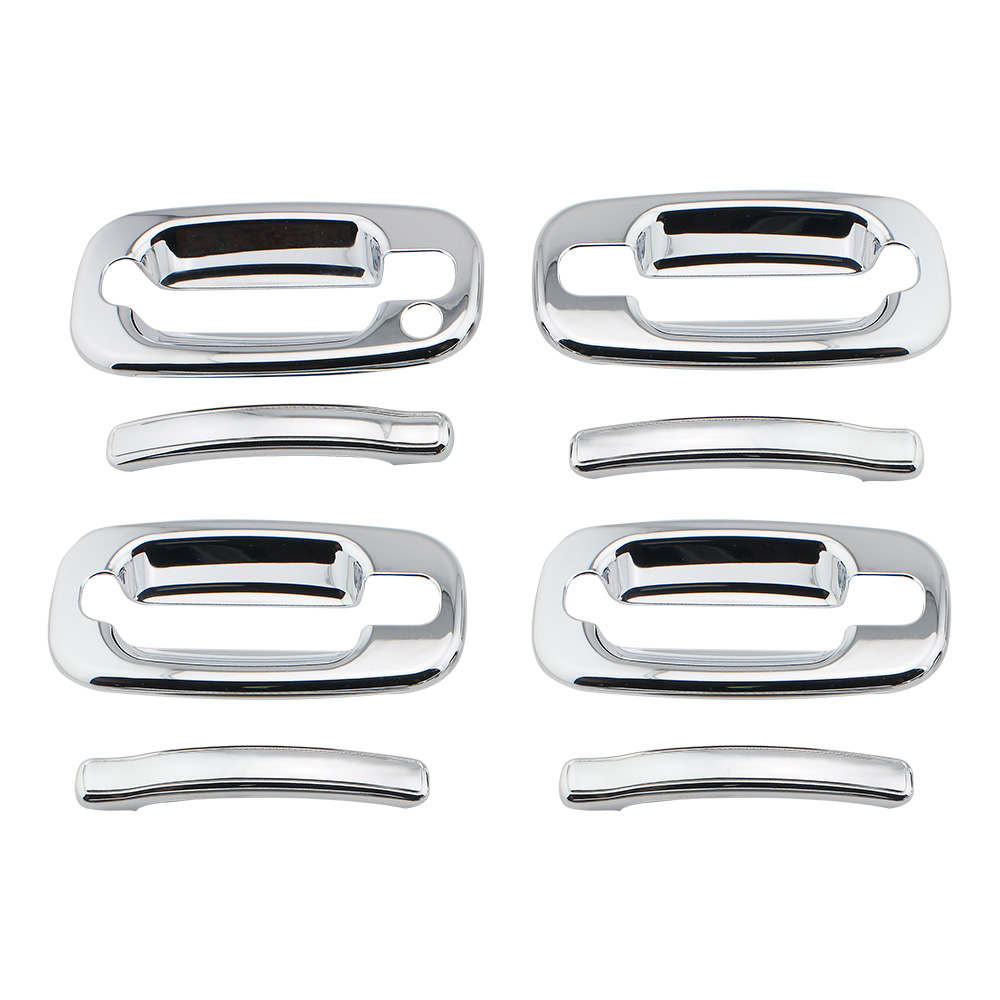 View More >>
View More >>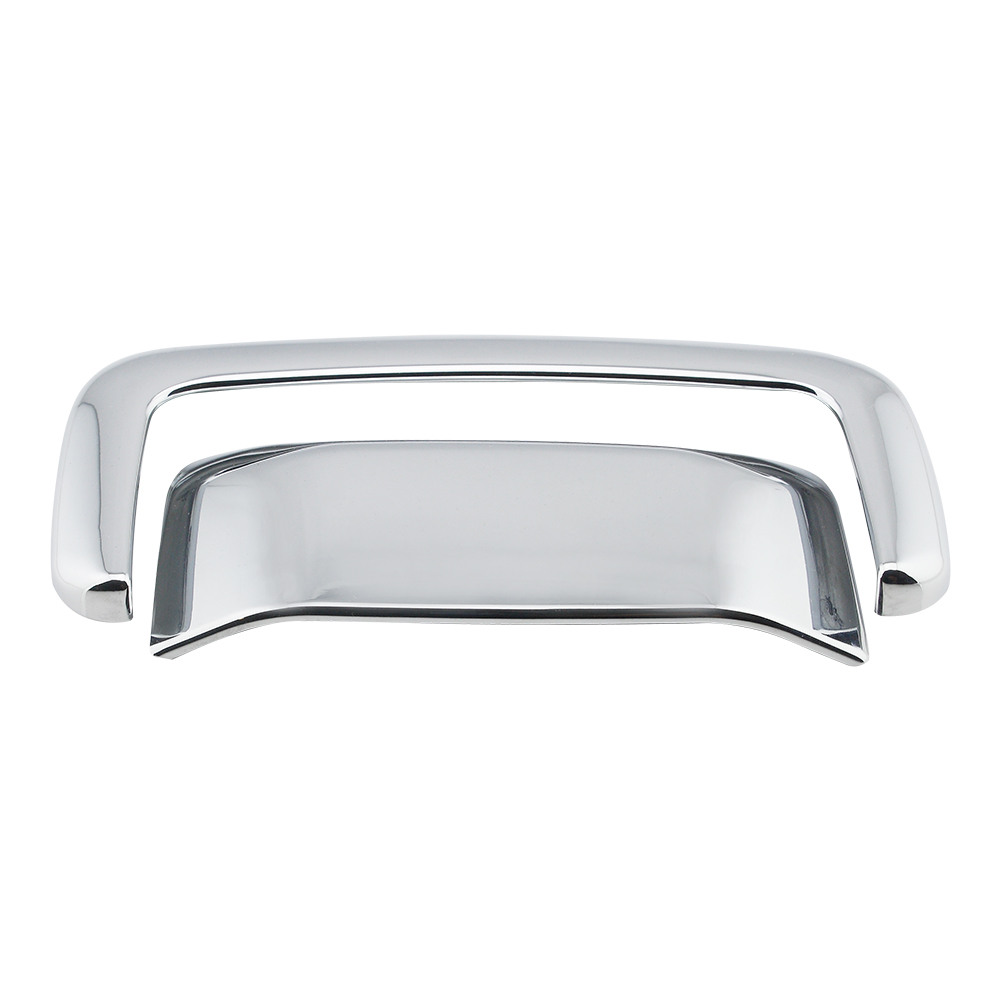 View More >>
View More >>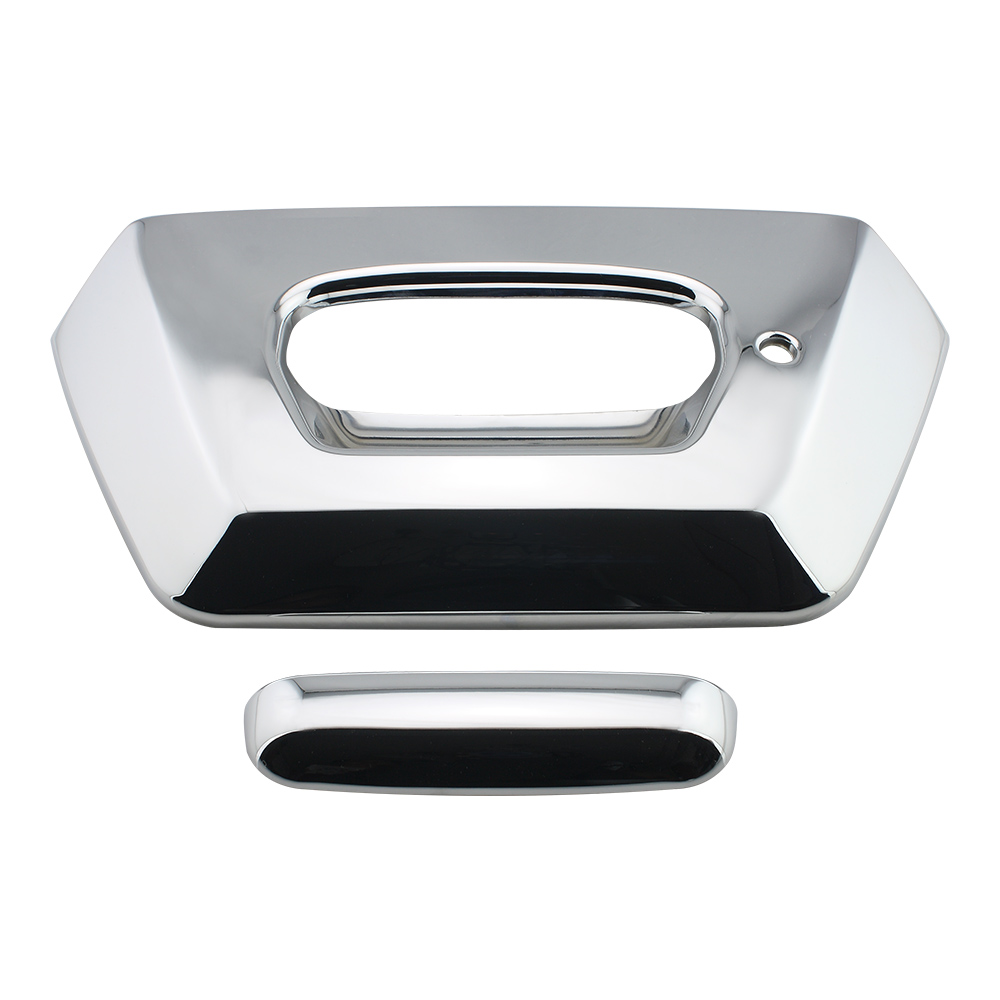 View More >>
View More >>(canaddletterfordraptor)-1.jpg) View More >>
View More >>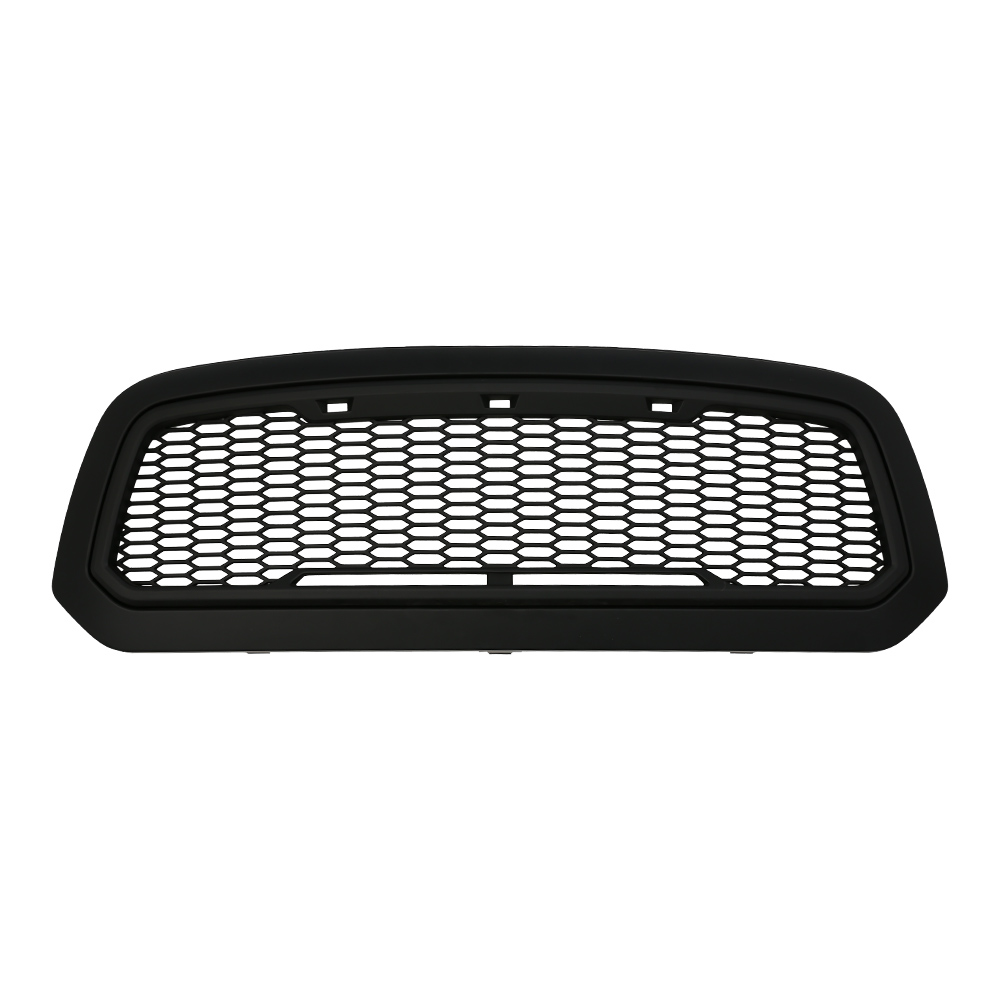 View More >>
View More >>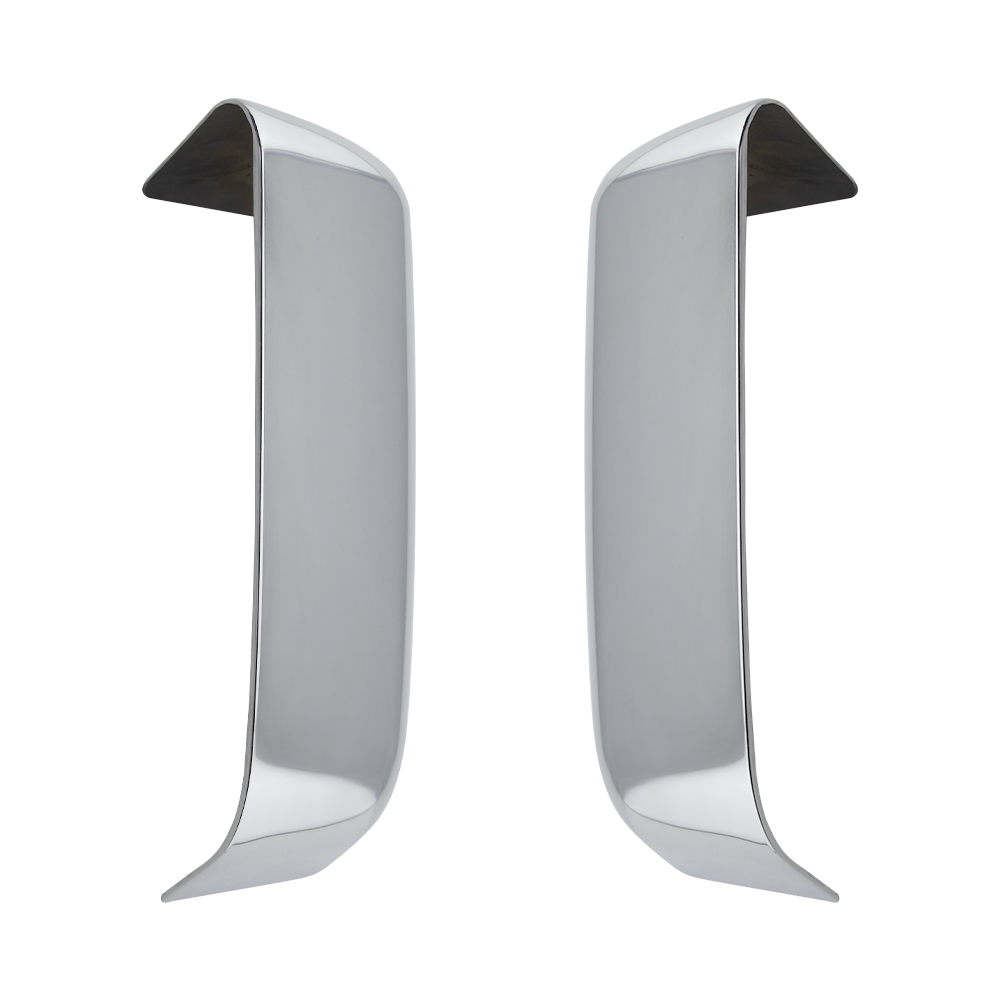 View More >>
View More >>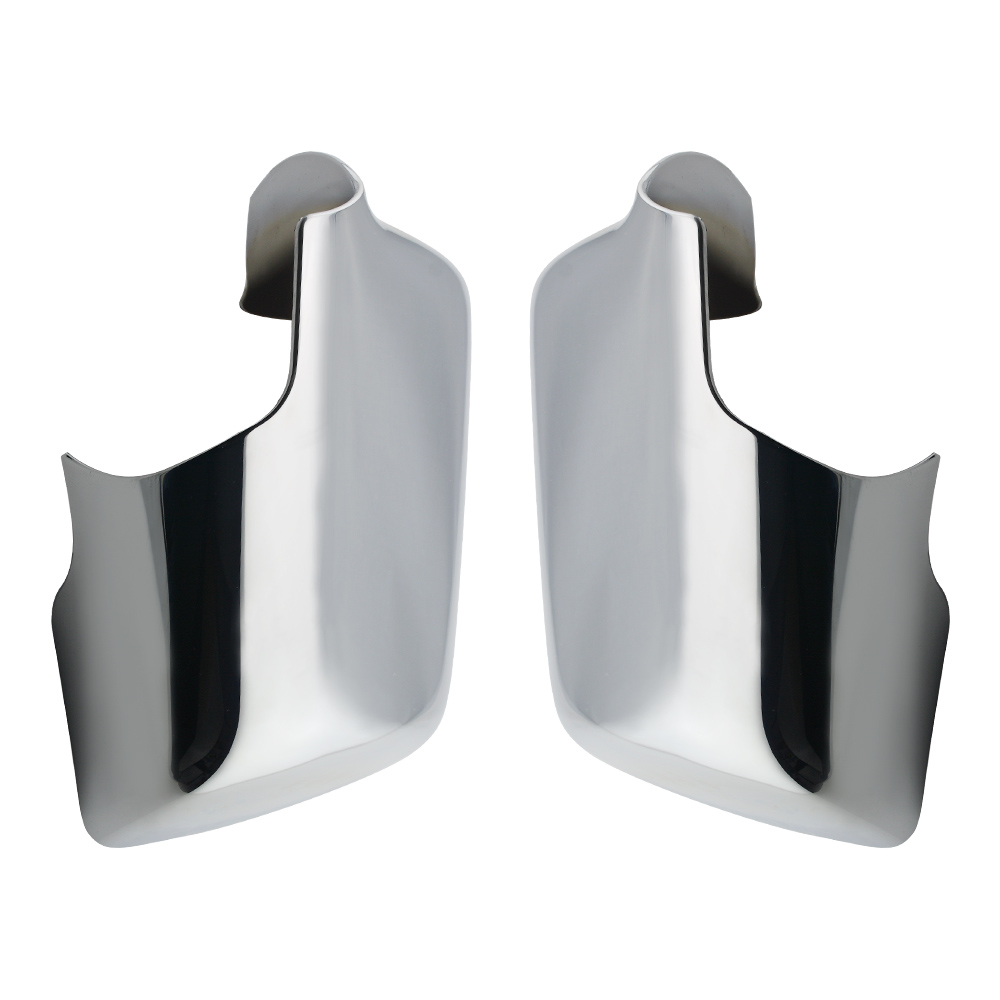 View More >>
View More >>
